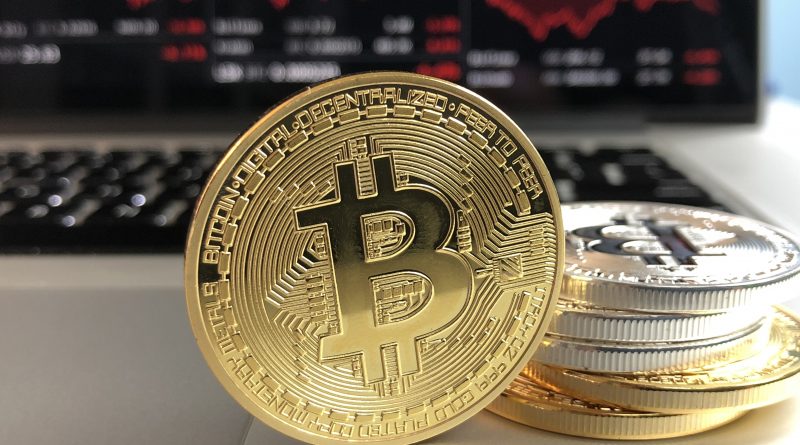Bitcoin, Bubbles, and the Blockchain: Digital Currency’s Relationship with Sub-Saharan Africa
BY CLAIRE HALLORAN
In the past months, one word has been flooding social media, train conversation, and news publications: cryptocurrency.
Digital currencies, which rose in 2008 and gained respect and serious value in the later months of 2017, has captured the attention, and digital wallets of Americans interested in investing, and curious about the technologies future.
But when looking abroad, this interest and power of crypto grows tenfold, particularly in the traditionally underbanked countries of Africa and Southeast Asia.
In these underbanked countries, history of extreme inflation and economic mismanagement has led to a distrust of centralized banks, resulting in most adults never opening bank accounts, or having an official financial footprint at all.
In Zimbabwe, for example, when faced with extreme inflation and economic mismanagement, the population picked up the US dollar and South African rand when it could no longer trust its own currency. Similar situations have occurred in Nigeria, South Sudan, and Venezuela.
Statistics show that an abundance of these people are turning to the decentralized cryptocurrency blockchain system as a solution to this.
In 2014, only about a third of adults in Sub-Saharan Africa had a bank account according to the Work Bank, but at the same time, 12 percent of adults had some kind of mobile-based money account, while the global average was still only two percent.
Cryptocurrencies such as BitCoin, Etheruem, Litecoin, and Bitcoin Cash, are architecturally, politically, and logically decentralized, meaning no one controls them, and there is a reduced risk of infrastructural failure, which solves many issues of the banks in African countries.
Thousands of hours of research, and billions of dollars of hashpower, have been spent for the sole purpose of attempting to achieve decentralization,” said Vitalik Buterin, the inventor and co-founder of Etheruem.
This has inspired banks around Africa to team up with the blockchains. In South Africa, for example, the central bank announced a pilot test using the Etheruem blockchain for smart contracts, similar to what banks in Kenya are accomplishing with a partnership with BitPesa.
Another assistant in the growth of cryptocurrency in Africa is the penetration of mobiles within the countries, which allows the population to become more comfortable with cryptocurrency technology, as the African financial ecosystem skipped the step of physical banking infrastructure and went directly to decentralized mobile money platforms.
A low threat of government regulation also aids the growth, as while some governments have warned about the risk of investing in the digital currencies, the regulators have taken a hands-off approach to regulation, although Egyptian leaders have endorsed a ban on cryptocurrency investing due to religious reasons.
However, the relationship between these countries and cryptocurrencies aren’t just being encouraged by the people. Some crypto-companies recognize the possibilities, and are specifically concentrating on market penetration in sub-Saharan Africa.
Luno, for example, considers the continents mobile-friendliness and rapid uptake to be key in reaching its goal of 1 billion users by 2025.




